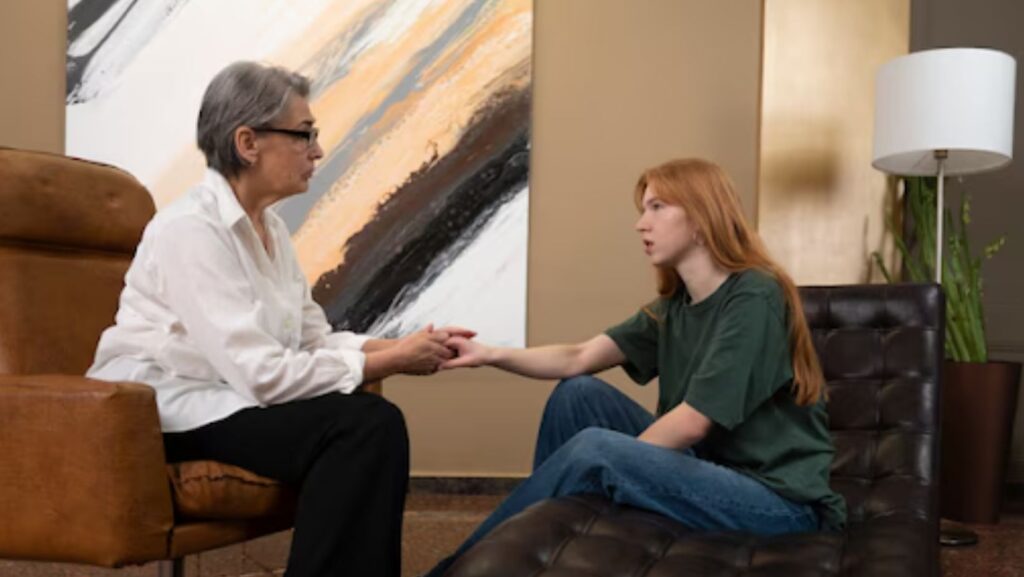Addiction is a multifaceted challenge that affects not only the individual struggling but also their family, friends, and community. While the journey to recovery is deeply personal, the role of loved ones is pivotal in creating a supportive environment. This article explores the profound impact of addiction recovery on relationships and offers actionable insights into how loved ones can foster healing and resilience.
Understanding Addiction’s Reach
Addiction’s Impact on Relationships
Addiction doesn’t exist in isolation. It often disrupts family dynamics, strains trust, and creates emotional and financial challenges. Loved ones may feel helpless, confused, or even resentful as they witness someone they care about battling addiction. These challenges underline the importance of involving family and friends in the recovery process.
The Concept of Ripple Effects in Recovery
Recovery isn’t just about overcoming substance dependence; it’s about restoring balance and harmony in relationships with addiction treatment. As individuals heal, their progress often inspires positive changes in the people around them. Families grow closer, communication improves, and a sense of mutual understanding emerges.
The Role of Loved Ones in Recovery
Offering Emotional Support
One of the most crucial contributions loved ones can make is providing consistent emotional support. Recovery is a journey filled with ups and downs, and a supportive presence can make a significant difference. Listening without judgment, expressing encouragement, and celebrating small victories all reinforce the recovering individual’s motivation.
Encouraging Professional Help
Loved ones can assist by encouraging professional treatment. Since recovery often requires external guidance, the support of loved ones can be invaluable in helping individuals take this important step toward healing.
Practical Ways to Support Recovery
Educating Yourself About Addiction
Understanding addiction as a disease rather than a moral failing can help families approach the situation with empathy.

Learning about the complexities of addiction and the recovery process equips loved ones to navigate challenges effectively.
Establishing Healthy Boundaries
While support is essential, it’s equally important to set boundaries. Enabling behaviors, such as ignoring or excusing harmful actions, can hinder progress. Healthy boundaries create a foundation of mutual respect and accountability.
Participating in Family Therapy
Family therapy is a valuable tool for repairing strained relationships and fostering communication. It provides a safe space for families to address underlying issues and work toward shared goals. This collaborative effort strengthens the foundation for long-term recovery.
Recognizing the Ripple Effects
Positive Changes in Family Dynamics
As the individual in recovery begins to heal, families often experience improved relationships, open communication, and renewed trust. These positive changes extend beyond the immediate family, influencing friendships and the broader community.
Inspiring Others to Seek Help
The recovery journey of one individual can inspire others struggling with addiction to seek help. Witnessing the transformation encourages others to believe that change is possible, creating a wider ripple of hope and recovery.
Challenges Loved Ones May Face
Managing Expectations
Recovery is a gradual process, and setbacks are common. Loved ones need to manage their expectations and remain patient, focusing on progress rather than perfection.
Self-Care for Supporters
Supporting someone in recovery can be emotionally taxing. It’s vital for loved ones to prioritize their own mental and physical well-being. Practices such as seeking therapy, joining support groups, and engaging in self-care activities ensure that they remain strong and balanced.
Building a Supportive Community
The Power of Peer Support Groups
Support groups, such as those for families of individuals in recovery, provide a sense of community and shared understanding.

These groups offer a platform to exchange experiences, seek advice, and build resilience.
Advocacy and Awareness
Loved ones can extend their support by advocating for awareness about addiction and recovery. Sharing stories of resilience and participating in community initiatives can contribute to breaking the stigma surrounding addiction.
Conclusion
The ripple effect of recovery extends far beyond the individual seeking help. As they heal, their progress positively impacts their loved ones and the broader community, creating a cycle of hope and transformation. By offering emotional support, setting healthy boundaries, and prioritizing self-care, loved ones play an integral role in the recovery journey. Together, families and individuals can build a stronger, healthier future.
